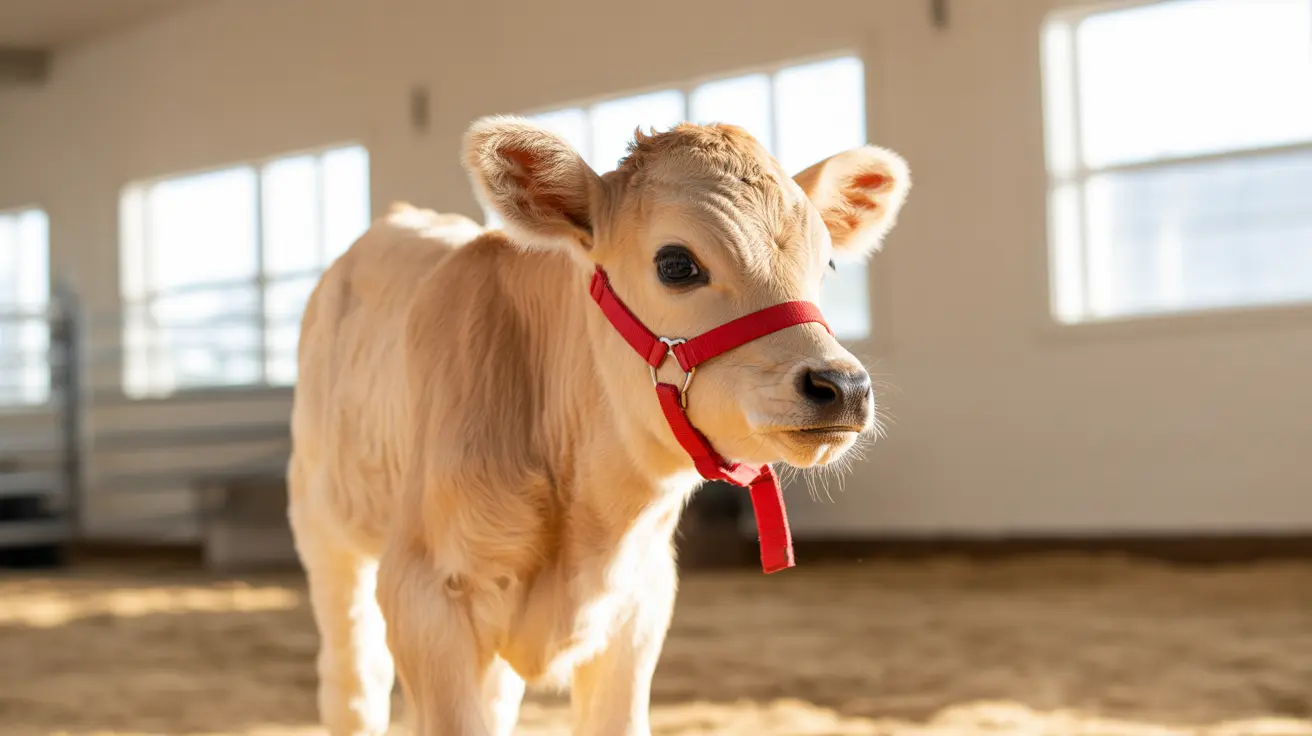What Meat Should You Never Feed Your Dog?
While dogs are known for their carnivorous nature and have evolved from meat-eating ancestors like wolves, not all meats are suitable or safe for canine consumption. Understanding which meat is dangerous to dogs can prevent serious health problems and even save your pet’s life. In this article, we will explore the one meat you should never feed your dog—and why.
Cooked Bones in Meat: A Lethal Risk
The most dangerous meat to feed your dog is any meat that contains cooked bones. Cooked bones—whether from chicken, beef, pork, or lamb—can splinter and cause a range of life-threatening health issues in dogs, including:
- Choking hazards due to sharp fragments.
- Internal injuries such as tears in the esophagus or intestines.
- Blockages in the digestive tract requiring surgical removal.
- Dental fractures or damage to the mouth and gums.
While raw bones may be somewhat safer under supervision, cooked bones lose their flexibility and become brittle—making them especially hazardous.
Processed Meats: Hidden Dangers
Aside from bones, another meat category that should never be fed to dogs is processed meats such as bacon, sausage, ham, and deli meats. The danger with these lies in their high fat, salt, and spice content, which can contribute to:
- Pancreatitis—a painful and potentially deadly inflammation of the pancreas caused by fatty foods.
- Sodium poisoning—leading to vomiting, diarrhea, tremors, and even death.
- Garlic and onion toxicity—commonly used in seasoning and harmful to dogs' red blood cells.
- Xylitol toxicity—an artificial sweetener in some meat products that can cause rapid insulin release and liver failure in dogs.
Undercooked or Spoiled Meat: A Risk of Infection
Feeding dogs undercooked or spoiled meat is another practice pet owners should avoid. Such meat may harbor bacteria like Salmonella, E. coli, and Listeria, leading to gastrointestinal infections, systemic illness, or even death.
What Safe Meats Can Dogs Eat?
If you want to safely incorporate meat into your dog's diet, consider these options:
- Plain, cooked chicken without bones or skin.
- Boiled or baked turkey, skinless and boneless.
- Lean cuts of beef or lamb, ideally boiled or grilled with no seasoning.
- Fish like salmon or sardines, deboned and fully cooked to avoid parasites.
All meat should be free of bones, seasoning, and extra fat to ensure it's safe for your dog. Introducing new meat slowly helps prevent digestive upset.
Signs of Meat-Related Health Issues
If your dog has consumed meat that includes bones, is processed, or undercooked, look for the following symptoms and contact your vet immediately:
- Vomiting or diarrhea
- Lethargy or weakness
- Loss of appetite
- Inability to defecate or signs of pain while defecating
- Abdominal bloating or sensitivity
- Unusual behavior such as whining or drooling
Final Thoughts
While protein is a vital part of a dog’s balanced diet, not all meats are created equal for canine consumption. The one meat you should never feed your dog is any meat containing cooked bones or processed with additives. These carry serious risks including internal damage, pancreatitis, and poisoning. For a safe and happy feeding routine, stick with plain, unseasoned meats that are fully cooked and boneless. As always, discuss dietary choices with your veterinarian, especially when introducing new proteins or if your dog has medical conditions.





